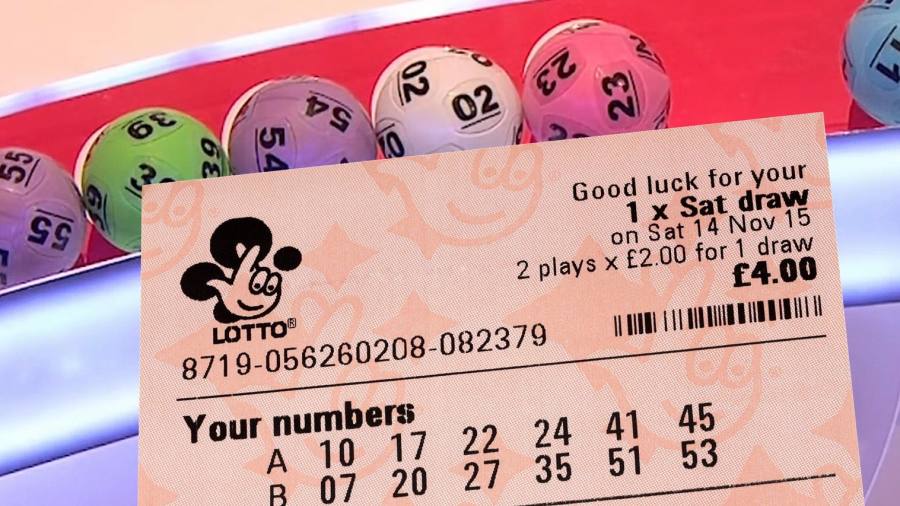
The outgoing technology supplier to the UK’s National Lottery is in a stand-off with the new operator, in a dispute highlighting the fraught process surrounding the first change of licensee in the lottery’s 29-year history.
International Game Technology is demanding a multimillion-pound payment to facilitate the transfer of operations to Allwyn and its partner Scientific Games, arguing it has limited contractual obligations to help, according to several people close to the process. The group has supplied the software and hardware underpinning the 30,000-plus lottery terminals used in retailers to incumbent operator Camelot since 1994.
Allwyn — which in March last year won the tender for one of the UK’s most lucrative procurement contracts — is now rushing to prepare for the launch of the newly minted lottery in February next year after a legal fight with rival Camelot delayed the handover by six months.
New York-listed IGT — which last year generated a large share of its $618mn “rest of world” revenues in the UK, its fourth-biggest market — has so far shared only a proposal about how switching from its Altura lottery terminal to the system used by Scientific Games would work, the people said.
But the changeover of software, which IGT estimates could take up to six months to be completed, has yet to begin as IGT is demanding payment from the Czech-based group before it deploys extra staff and resources to work on the project.
People close to the lottery transition said they had concerns that delays could frustrate the process of trying to hand over to a new technology supplier.
Camelot and IGT, and Allywn and Scientific Games, are holding meetings on a daily basis, overseen by the regulator. One person familiar with the process said IGT was making the handover “a nightmare”, adding: “They do what’s technically required of them and not an ounce more.”
The stand-off highlights the challenge presented by the first-ever transfer of operations of the lottery, whose 10-year contract running from 2024 onwards could generate up to £100bn in sales, according to official estimates.
There is precedent for handovers between the two technology suppliers in question: Scientific Games succeeded IGT as lead technology supplier for Denmark’s Danske Spil state lottery in 2016, although the transition was delayed for a year.
As part of its winning bid, Allwyn pledged to invest heavily in new digital products, cut ticket prices and increase money generated for good causes. If IGT stayed on as technology provider, Gambling Commission insiders fear it could put at risk Allwyn’s plan to overhaul the offering of online lottery products.
In November last year, Allwyn bought Camelot from the Ontario Teachers’ Pension Plan, a Canadian pension fund, for £120mn, after previously having competed with Camelot in the battle for the National Lottery contact. As a result of the purchase, Camelot dropped its estimated £600mn claim for damages against the Gambling Commission over the procurement decision for the UK National Lottery.
But IGT is still pursuing a claim against the regulator over what it argues was a shoddily run procurement process. IGT’s claim also runs into the hundreds of millions of pounds but the exact amount is not known and, if successful, would have to be paid for by either taxpayers or from the lottery’s good causes fund.
IGT said it “continues its co-operation” with the Gambling Commission on the transition but declined to comment on legal action.
Allwyn said it had been “working assiduously” on the transition, adding: “Notwithstanding the ongoing legal case, we are confident IGT appreciate their responsibilities to do what is best for the National Lottery.”
Scientific Games did not immediately respond to a request for comment.
Additional reporting by Jasmine Cameron-Chileshe in London

